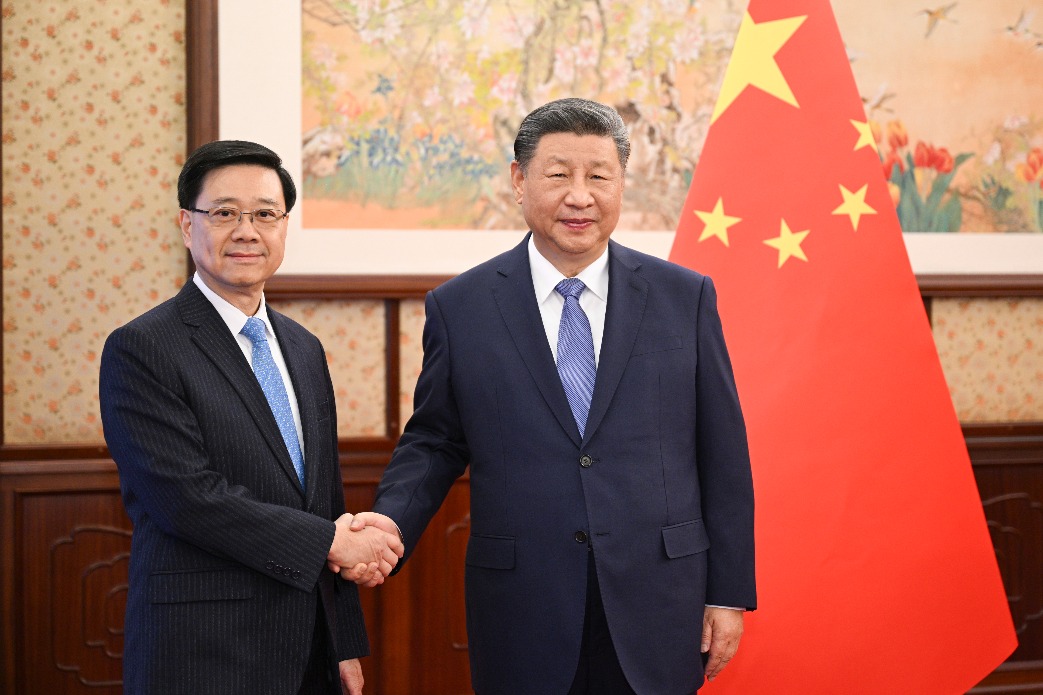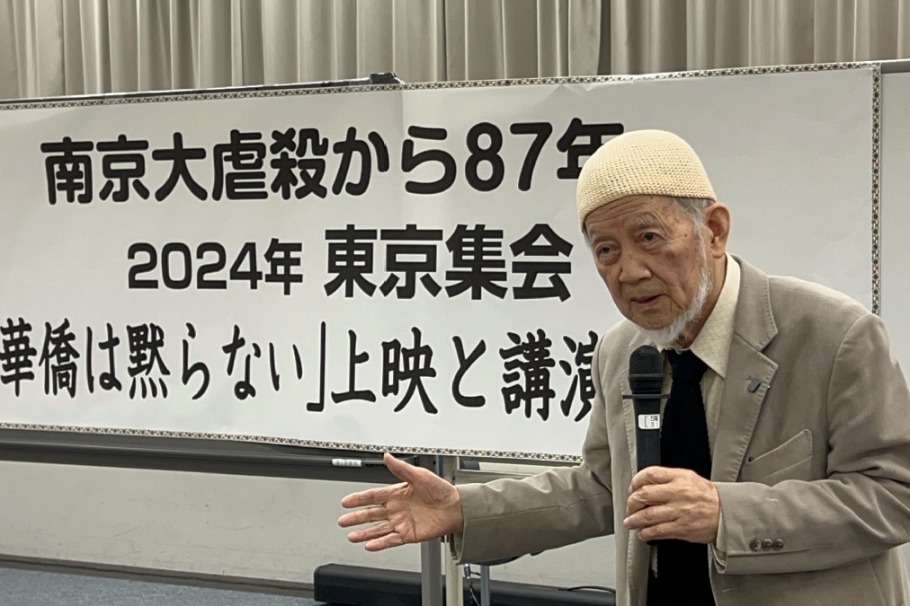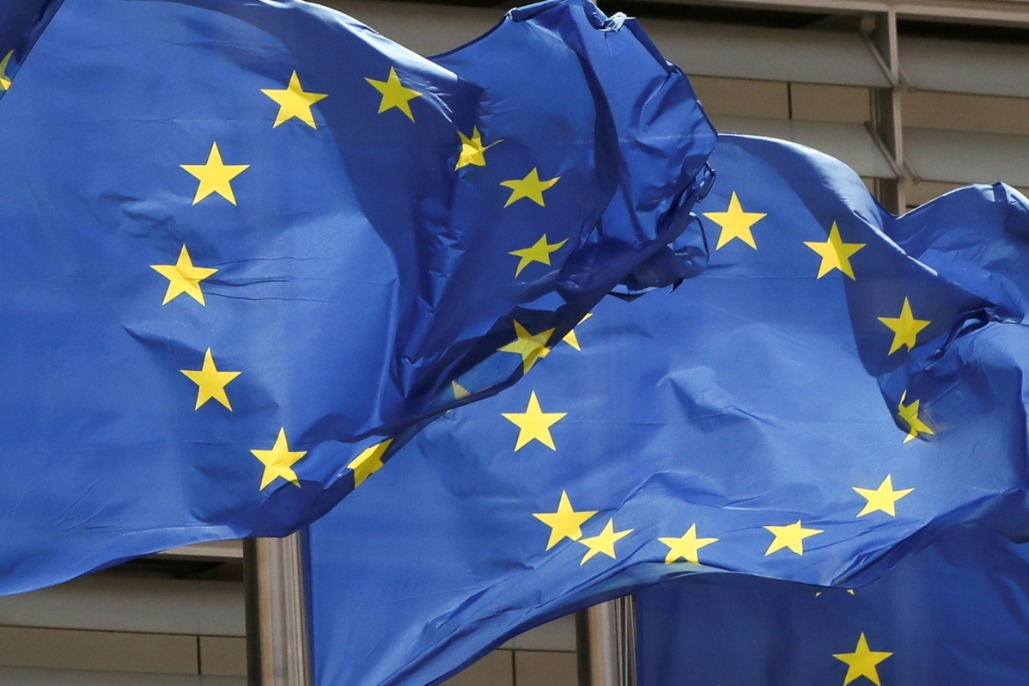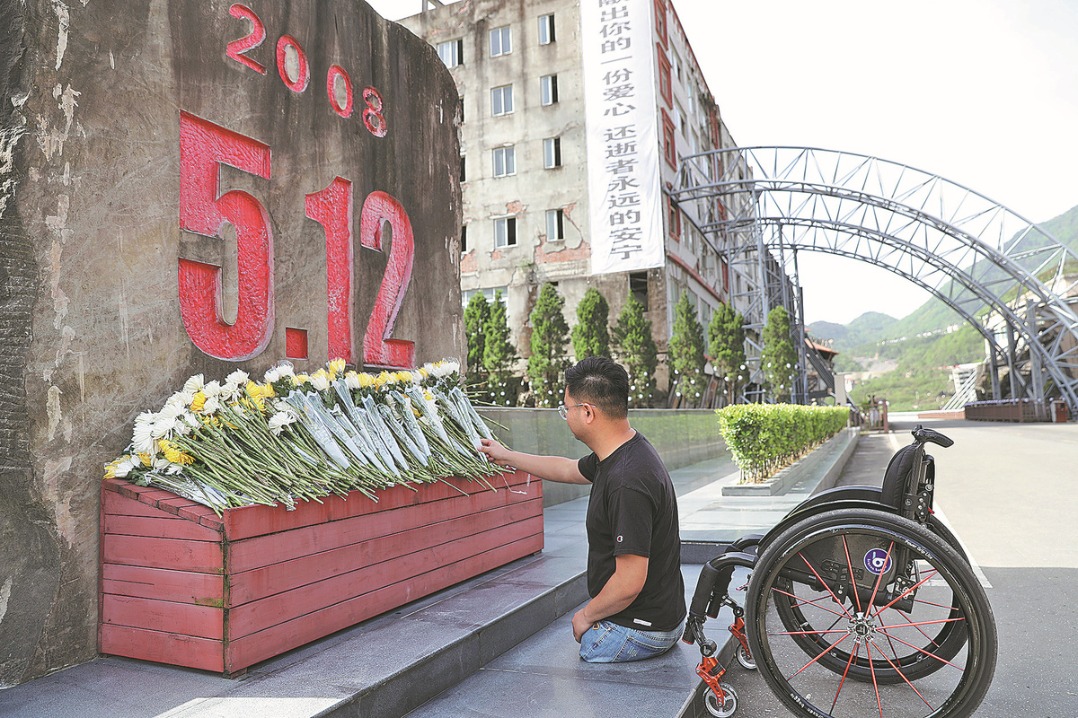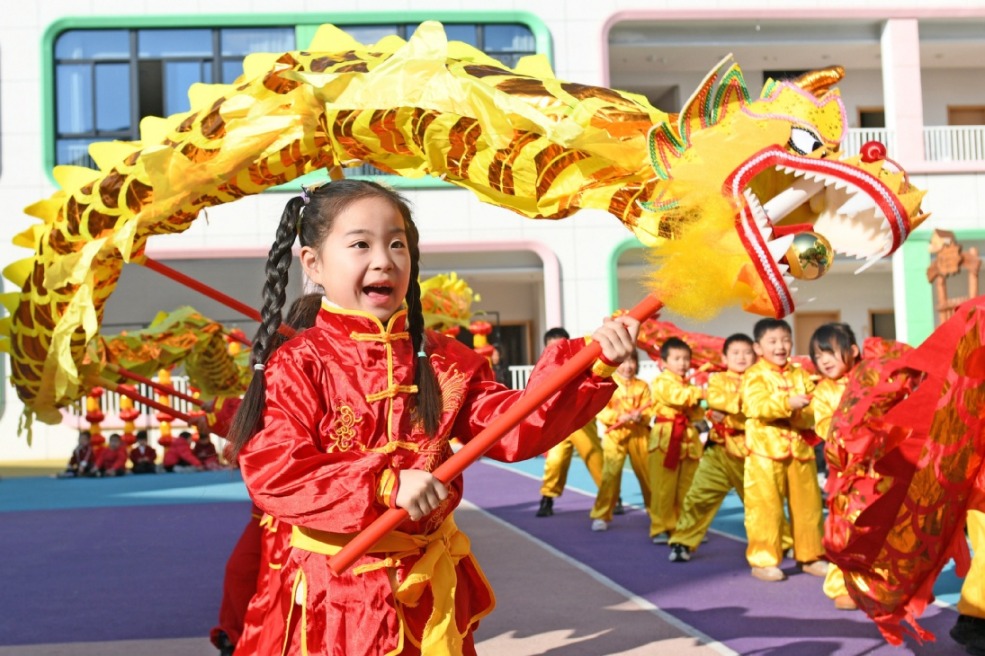DPP smearing student exchange trip a nasty trick


Former Taiwan leader Ma Ying-jeou is set to lead a delegation of Taiwan youth on a visit to the mainland from Dec 18 to 26, to attend the ice and snow festival in Harbin and visit Chengdu.
This will be Ma's second mainland trip this year and his third in under two years, highlighting his ongoing efforts to promote cross-Strait engagement amid shifting regional dynamics.
The visit follows a recent nine-day tour of Taiwan by 40 mainland students and teachers, invited by the Ma Ying-jeou Culture and Education Foundation.
The delegation, which included six-time Olympic table tennis champion Ma Long, was welcomed when they visited schools and historical and cultural sites on the island, and the trip would have been a successful effort to promote cross-Strait understanding if the Democratic Progressive Party had not reacted badly to it, portraying the trip as "political manipulation".
The DPP even targeted one of the mainland students who used the term "China Taipei Team" in the congratulations she extended to the Taipei baseball team's recent victory in the World Baseball Softball Confederation. Reportedly, the DPP authorities are considering a ban of up to five years on the Ma Ying-jeou Culture and Education Foundation from inviting mainland delegations to Taiwan.
The DPP has chanted slogans about democracy and peace but now is overreacting to a college exchange team which consists mostly of students. It is a heartwarming scene to see friendly exchanges between people across the Strait. But the DPP, which holds power in Taiwan, has used the trip to mislead public opinion on the island and sabotage people-to-people exchanges conducted in good faith. What are they afraid of?
The DPP recently retracted a social media post that compared Taiwan's legislative situation to the short-lived martial law decision announced by Republic of Korea President Yoon Suk-yeol on Dec 3. Though the post was removed very shortly after it was published, the DPP is performing its "martial law" over cross-Strait communication.
Such suppression and isolation cannot extinguish the desire and enthusiasm of people on both sides for interaction, communication, and understanding.
Taiwan was once proud of its Chinese cultural heritage. However, the DPP has pursued de-sinicization, seeking to culturally sever Taiwan from its roots and exile Taiwan from the Chinese cultural sphere.
The DPP has carried out policies to foster cross-Strait hostility in various domains and politicized normal interactions. The island's leader, Lai Ching-te, has been increasingly radical about Taiwan separatism in his remarks.
Taiwan, an integral part of China, was colonized by the Dutch and Japanese. However, the DPP has tried to whitewash the colonization by Dutch and Japanese invaders to sever Taiwan from China and Chinese culture in its historical narratives. The fabricated stories will mislead Taiwan people and deepen Taiwan's isolation. The DPP will become the culprit for Taiwan's distorted cultural and historical development.
The DPP is also trying to lead people astray about the island's status and role in the international community. In the 1970s, the island realized rapid industrialization and modernization and became one of the Four Asian Tigers by leveraging global geopolitical shifts and its unique geographical advantages. During the same period, the Chinese mainland was just reaching the starting line for its journey of industrialization and modernization propelled by the launch of the reform and opening-up policy.
After more than four decades of development, the balance has shifted across the Strait. The Chinese mainland has made giant strides in its economy, institution and culture, and caught global attention.
What's more, the Chinese mainland has played a bigger role in international affairs and started to make contributions to improving the cooperation, development, and voice of the Global South.
In contrast, the DPP has put most of its efforts into political theater. The major objective of the DPP is to get global attention by playing provocative tricks against the mainland with the United States' support. Is this the "equal dignity" that the DPP has vowed?
The two sides of the Strait share common historical and cultural roots. Cross-Strait exchanges can boost win-win development.
The DPP will only disappoint more people in Taiwan if it continues turning a blind eye and deaf ear to people's interests and needs and politicizing normal cultural and academic exchanges to obstruct cross-Strait communication.
The author is the director of the Institute of Taiwan Studies, Wuhan University.
The views don't necessarily represent those of China Daily.
If you have a specific expertise, or would like to share your thought about our stories, then send us your writings at [email protected], and [email protected].

















